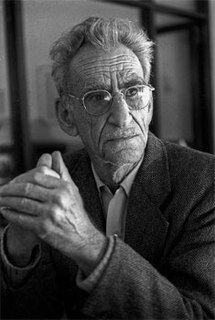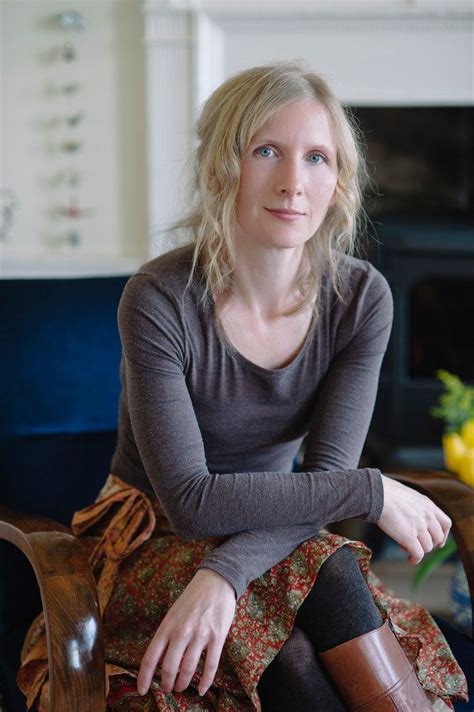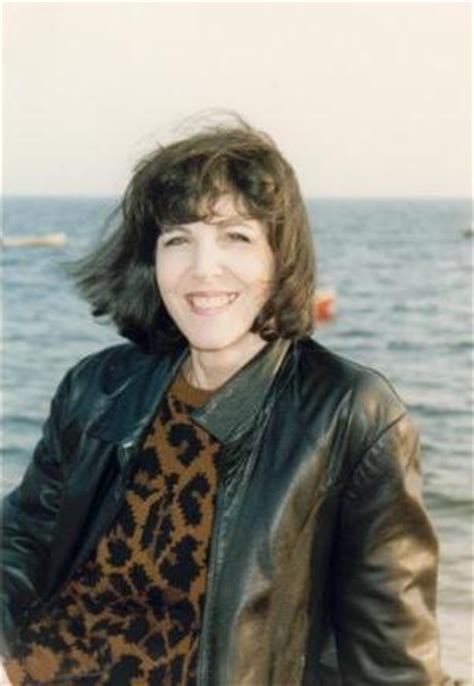A Quote by James McBride
I cannot recall any moment of clarity about becoming a writer. I always liked to read. That's what did it.
Related Quotes
We are seeing, then, that our experience is altogether momentary. From one point of view, each moment is so elusive and so brief that we cannot even think about it before it has gone. From another point of view, this moment is always here, since we know no other moment than the present moment. It is always dying, always becoming past more rapidly than imagination can conceive. Yet at the same time it is always being born, always new, emerging just as rapidly from that complete unknown we call the future. Thinking about it almost makes you breathless.
I do find that people are incredibly naive about what it is to be a writer. Like you would pay an incredible amount of money for an MFA program and still not have the slightest idea of how one goes about becoming a writer. So, I'm always flabbergasted when people say, "Oh, I was invited to do a reading, but I'm not going to read because I don't have a book.".
Read Becoming a Writer by Dorothea Brande. Then do what it says, including the tasks you think are impossible. You will particularly hate the advice to write first thing in the morning, but if you can manage it, it might well be the best thing you ever do for yourself. This book is about becoming a writer from the inside out. Many later advice manuals derive from it. You don't really need any others, though if you want to boost your confidence, "how to" books seldom do any harm. You can kick-start a whole book with some little writing exercise.
As a reader, when the writer gets sentimental, you drift, because there's something fishy going on there. You recognize a moment that's largely about the writer and the writer's own need to believe in something that might not in fact exist. As a reader, you think, 'Where did the story go? Where did the person I'm reading about go?'
I cannot find any patience for those people who believe that you start writing when you sit down at your desk and pick up your pen and finish writing when you put down your pen again; a writer is always writing, seeing everything through a thin mist of words, fitting swift little descriptions to everything he sees, always noticing. Just as I believe that a painter cannot sit down to his morning coffee without noticing what color it is, so a writer cannot see an odd little gesture without putting a verbal description to it, and ought never to let a moment go by undescribed.
I was writing everything. I grew up in Albany, New York, and I was never any farther west than Syracuse, and I wrote Westerns. I wrote tiny little slices of life, sent them off to The Sewanee Review, and they always sent them back. For the first 10 years I was published, I'd say, "I'm a writer disguised as a mystery writer." But then I look back, and well, maybe I'm a mystery writer. You tend to go where you're liked, so when the mysteries were being published, I did more of them.





































